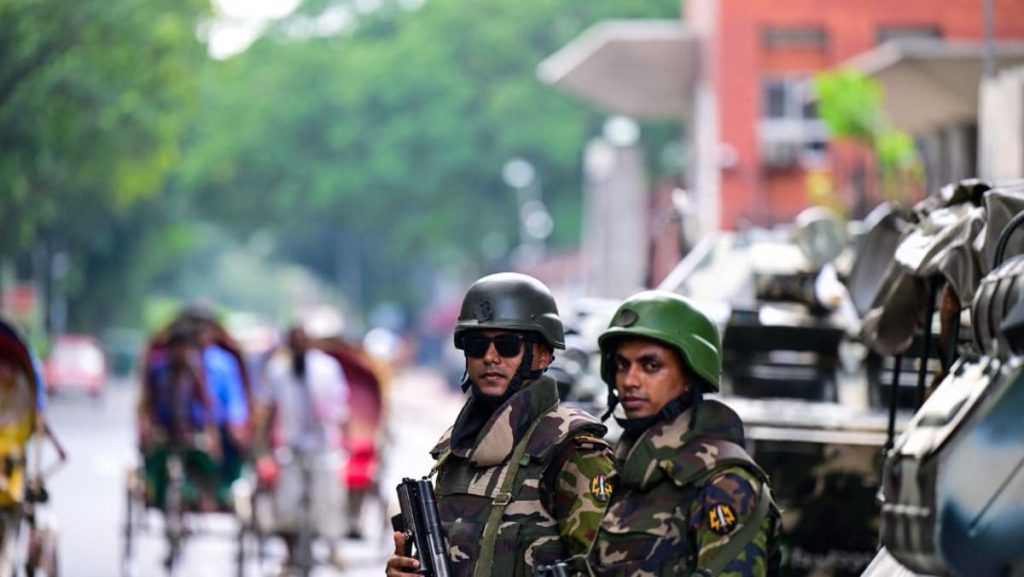Critics of the use of force against protesters in Bangladesh, including the United Nations, international rights groups, the US, and Britain, have called on Dhaka to uphold the right to peaceful protest. Prime Minister Sheikh Hasina has faced criticism for growing authoritarianism during her 15-year tenure, with allegations of mass arrests of political opponents, forced disappearances, and extrajudicial killings. These charges have been denied by Hasina.
In June, protests led by students erupted after a high court decision to reinstate quotas in government jobs, including reservations for veterans of the 1971 war for independence from Pakistan. Tens of thousands of protesters took to the streets, prompting a harsh response from police who used rubber bullets, tear gas, and sound grenades to disperse the crowds. The use of force against the demonstrators drew widespread condemnation.
The Supreme Court’s decision on July 21 to eliminate most quotas in government jobs, opening 93 percent of positions to candidates selected on merit, prompted the students to pause their agitation. The movement, described as “mostly peaceful and issue-specific,” was not involved in violence, according to the government. However, blame was placed on opposition parties like the Bangladesh Nationalist Party (BNP) and the Jamaat-e-Islami party, a claim they denied.
Following the Supreme Court ruling and the students’ decision to halt their protests, the unrest subsided. Student coordinator Nahid Islam announced the fulfillment of their main demand for reforms to the government job quota system and called for educational institutions to reopen. However, three protesters, including Nahid Islam, were reportedly detained by police while receiving treatment in the hospital, a move authorities said was intended to ensure security for the protesters.
Despite the recent developments and the apparent resolution of the immediate issue related to government job quotas, concerns persist about the state of democracy and human rights in Bangladesh under the leadership of Prime Minister Hasina. International observers continue to monitor the situation closely and urge the government to respect the rights of its citizens to peaceful protest. The events surrounding the student-led demonstrations have underscored the ongoing tensions between the authorities and opposition groups in the country.


